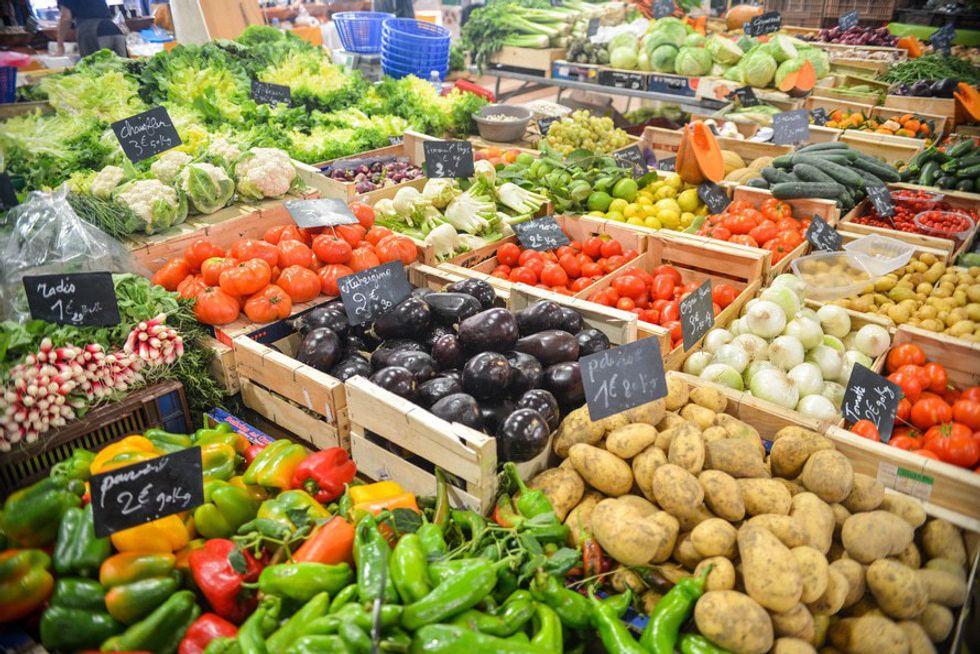Whether it be the immeasurable amount of processed food in supermarkets or the dominance of fast food companies in America, consequentially a third of America's youth under the age of 19 are now considered to be overweight, obese or have accustomed to a diet of processed, cheap foods.
One way to nip this 21st century problem from its root could be to return back to old ways, where the fundamentals of education: reading, writing and math, went hand in hand with nutrition and home economics.
With a reputation for being a way to leisurely coast through a semester, the magnitude home economics has to enrich the lives of students is more than just an easy A. Looking at the potential home economics has to solve one of the biggest problems in America, making the class mandatory in schools would open the door for generations of young people, providing them with the opportunity to learn about nutrition, and will also present them with the skills to shop ethically, manage money and cook varieties of healthy meals.
Abiding by a vibrant diet that is abundant with nutrients, proteins and fresh fruits and vegetables is essential to living a healthy and wholesome life. Nutrition is at the core of home economics curriculum. Just like math and literacy skills are vitally necessary in everyday like, as is the need to cook meals. Nutrition education is a lucrative, engaging class that demands critical thinking, and hands on implementation of ones knowledge and understanding of nutrition, which will mold and continue to advance the cooking skills of an individual and their understanding of nutrition. Home economics can further open the doors to shopping organically, ethically and growing food.
Home economics is a distinguished, unique class unlike others offered in school. It engages students with all different types of learning: visual, auditory, reading/writing and kinesthetic. The approaches to learning in home economics are methods in which embed into ones life the cooking skills they have obtained and equally the life long importance of heath, nutrition and dietary needs.
Home economics will teach students how to shop ethically, organically and intelligently. Manufacturing and production companies can have a cunning tendency in regards to labeling food products precisely. However, home economics will enlighten students, helping them to understand and distinguish the different contents and ingredients in canned foods and packaged products. Student will also be taught of supermarket produce, meat and dairy by understanding the history, tendencies and habits of both industries from the use of pesticides, hormones and more.
The main obstacle many young Americas currently face is with health: where we are now and where we want be, leading healthier lives. With generations of Americans currently at a fork in the road, the decision to either continue down a road of poor health or to choose to stride a new path to wholesome health, is a decision to not take lightly.
Future generations do not have to be presented with the ultimatum to either change ways of living or face the harsh reality of what poor health can and will do. Instilling the importance of nutrition, dietary knowledge and cooking skills at an early age can help cultivate children who live healthy lives, and later into years of adulthood, their nutritional knowledge may be passed on to children of their own. Creating a continuous cycle of healthy living.























